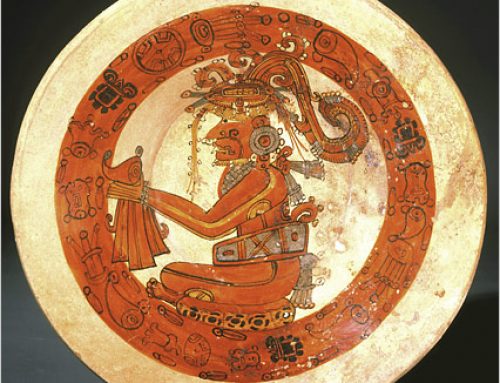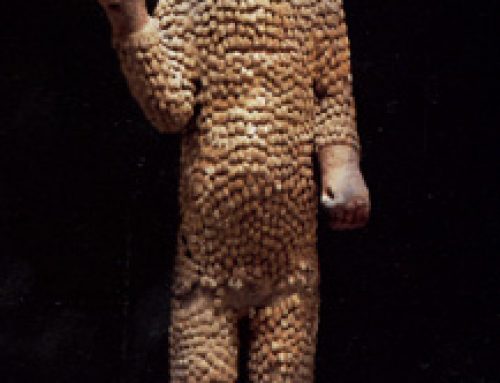
The god Zeus is the lightning and the thunder
Zeus was, for many people in ancient Greece, the king of the gods. Homer shows Zeus this way in the Iliad, for example.
But mainly, Zeus is a sky god. People thought of him as living on top of a mountain (Mount Olympus). When he is angry he throws lightning bolts out of the sky at people. People in Greece probably didn’t worship Zeus until the Indo-European Greeks arrived there in the Middle Bronze Age.
So Zeus is an Indo-European god. He is basically the same as other Indo-European sky gods like Jupiter (this is really even the same word: Ju= Zeus and piter means father) or Odin. He’s also related to Indra, a Hindu sky god, the son of Dyeus Pita.

Bronze statue of Zeus(?) from Artemisium (ca. 470 BC)
In some ways Zeus represents the Indo-Europeans in the minds of the later Greeks. When he arrived in Greece, he seems to have married the local earth goddess, Demeter (De for earth and meter means mother). This may be a sort of religious representation or memory of the actual mixing that took place between the invaders and the local people in the Middle Bronze Age. It is also a fertility ritual, where as with Gaia the sky and the earth come together to make the grain grow. So it’s no surprise that the child of Zeus and Demeter is Persephone, the grain.
In other ways, people thought of Zeus as representing the Father in psychological terms. People who had real problems with their own fathers might think of Zeus as a sort of ideal father, for instance. In the story of Phaethon, we see Zeus playing the part of the wise father.
Other people might see Zeus more as a way of explaining why sometimes good things happen to you and sometimes bad things. If good things happened, they would say, that was because you had done something that pleased Zeus. And if bad things happened you had done something wrong. You needed to try to make Zeus happy now. The story of Prometheus explains how this works.
Although Zeus was not really related to any Egyptian gods, Greek people who traveled to Egypt thought that Zeus was like the Egyptian god of the air and wind, whose name was Amon.
Learn by doing: Greek gods bingo
More about Indra
Bibliography and further reading about Zeus:
Lord of the Sky: Zeus, by Doris Gates. Stories about Zeus.
D’aulaire’s Book of Greek Myths, by Edgar and Ingri D’Aulaire.
Greek Religion, by Walter Burkert (reprinted 1987). By a leading expert. He has sections on each of the Greek gods, and discusses their deeper meanings, and their function in Greek society.





